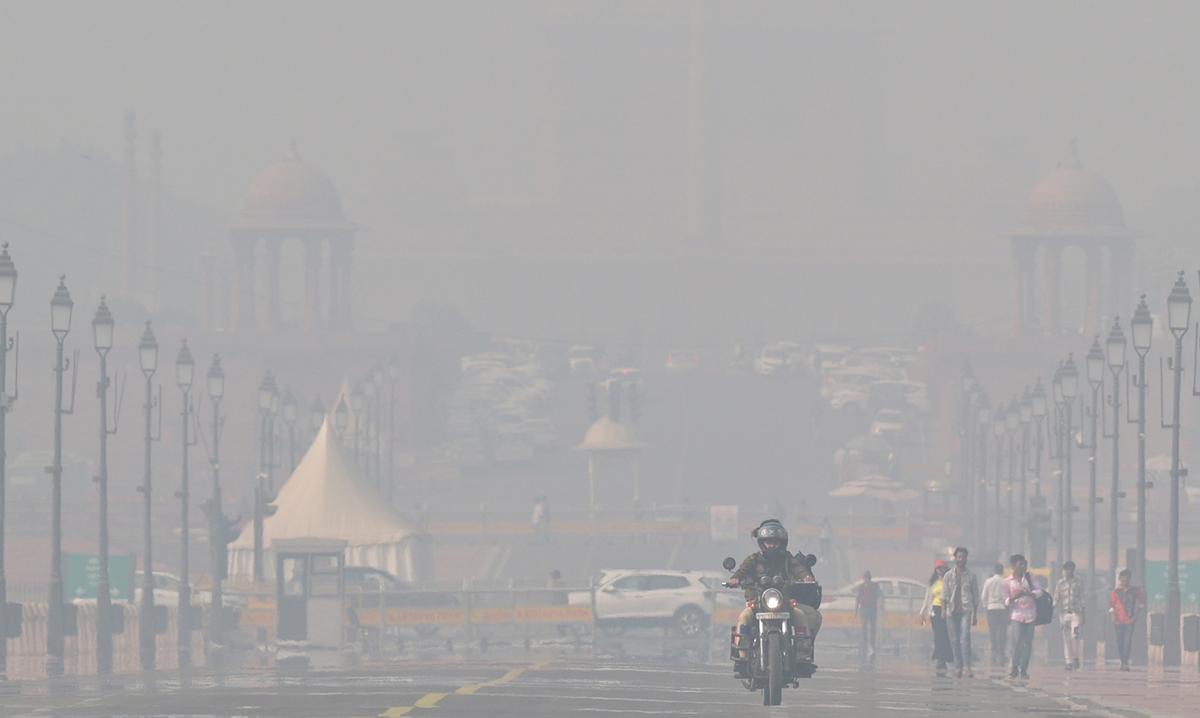
India faces a burgeoning population and a significant air pollution crisis. Many families in Delhi are grappling with the decision to stay or leave the city. The question arises: will the push for a higher birth rate in India lead to more babies in Delhi. Or will the ongoing air quality crisis deter families from having children in the capital?
Air Pollution in Delhi
Delhi has consistently ranked as one of the most polluted cities in the world, with air quality often reaching hazardous levels. The winter months are as thick blanket of smog envelops the city, leading to severe health implications, particularly for children. Reports show pollution levels can exceed 1,750 on the Air Quality Index (AQI), with PM2.5 levels spiking to more than 70 times the health limits set by the World Health Organization. This dire situation has prompted many families to consider relocating to areas with better air quality.

Health Risks for Children
The health risks associated with air pollution are particularly concerning for young children. Exposure to high levels of pollutants can lead to respiratory issues, cognitive impairment, and long-term health problems. Studies have shown that air pollution negatively affects children’s growth, with early exposure linked to stunting and underweight measures. As a result, many parents are increasingly anxious about raising children, leading to a trend of migration away from Delhi.

Migration Trends: Seeking Cleaner Air
Many families, especially those with the financial means, are choosing to leave Delhi for regions with better air quality. Parents are prioritizing their children’s health over the convenience of living in the capital. For instance, families are relocating to states like Kerala, where the air is cleaner, to ensure their children can grow up without the constant threat of respiratory illnesses. This trend suggests the desire for a healthier environment may outweigh the desire to have more children in polluted areas.
Economic Considerations and Family Planning
The financial burden of managing health issues related to pollution is significant. Families in lower-income brackets often struggle to afford medical care for respiratory problems lead to difficult choices about family size. The cost of healthcare may deter families from having more children, despite the government’s push for a baby boom.

Will the Situation Improve?
While the Indian government has expressed a desire to increase the birth rate, the persistent air pollution crisis poses a significant barrier. Without effective measures to combat pollution, families are likely to continue leaving Delhi, which could ultimately impact the population growth in the capital. The ongoing health risks associated with air quality will likely remain a critical factor in family planning decisions.
Conclusion
In conclusion, while India may aim for a baby boom, the harsh reality of air pollution in cities like Delhi is likely to hinder this goal. Families are increasingly prioritizing health and safety over convenience, leading to a trend of migration away from polluted urban centres. Until significant improvements are made in air quality, the desire to have more children in Delhi may remain overshadowed by the need for a healthier living environment.
Read more on Lifetips.blog














